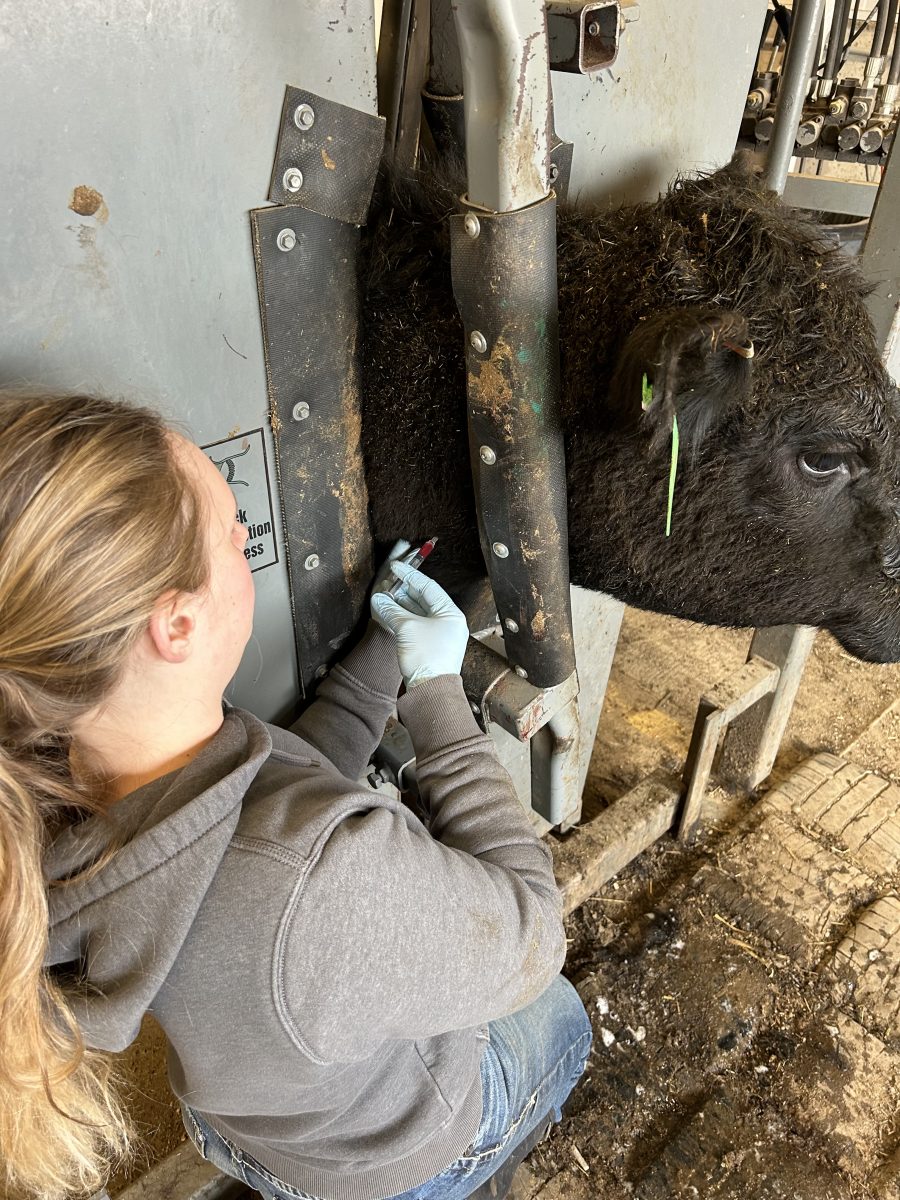Looking good could pay off professionally
September 24, 2014
According to David S. Hamermesh, beauty plays an important role in society and the workforce today. Members of the Brookings community attended the Performing Arts Center lecture hall on Sept. 18 evening to listen to Hamermesh explain the importance of beauty in both society and the workforce today.
Hamermesh is a professor of economics at the Royal Holloway University of London and an author who has received a number of awards for his work and study. In his lecture, “Beauty Pays,” Hamermesh addressed the idea of human beauty and how it affects the world we live in.
According to Hamermesh, what constitutes human beauty is the “cross cultural agreement on what is good looking.” It is generally accepted throughout the world that what is praised is beautiful what is criticized is ugly.
Through this concept, Hamermesh revealed the importance of beauty in the workforce and how beauty pays.
Joseph Santos, professor of economics, was a prime supporter of Hamermesh speaking on campus because Santos said he believed that Hamermesh’s work would reflect his studies about labor-market outcomes.
“My primary objectives were to share what economic research teaches us about the links between social norms—in this case, beauty norms—and labor-market outcomes; to consider how society might shape these outcomes through labor-market policies; and to bring together Hamermesh, a leading scholar in this research area, with the members of our university community,” Santos said.
Joseph Santos, father of professor Joseph Santos, found the lecture interesting.
“[The lecture] was very good,” Santos said. “I was surprised by the statistics presented by [Hamermesh], but he was very knowledgeable.”
Senior economics major Joe Christianson said he was shocked at Hamermesh’s statistics about the importance of beauty in the workplace, especially for men.
“The statistics were surprising,” Christianson said. “The fact that men are more affected than women by their beauty, even though women put more effort into it, is surprising.”
In Hamermesh’s lecture, he highlighted the statistics found in studies that good looks earn a man a better payoff than a woman.
Hamermesh also emphasized how important beauty was to businesses and corporations. According to his studies, attractiveness in an employee is important because it will yield a better profit to the company.
According to another study used in Hamermesh’s presentation, men in the top sixth and seventh percentile of attractiveness in the study made an average of 12 to 14 percent more in salary and wages than those in the bottom sixth and seventh percentile.
For many, this would be an incentive to improve their physical beauty through cosmetics, but Hamermesh said he believes this would be in vain.
“Your looks are quite non-changeable over your lifetime,” Hamermesh said.
In a study on plastic surgery that Hamermesh presented in his lecture, many patients who had cosmetic surgery appeared to gain no difference in their overall beauty to observers, but looked younger.
Through this observation, Hamermesh proposed a possible protection of “ugly” people from being discriminated in the workforce, similar to those with disabilities.
Hamermesh indicates that beauty holds a strong presence in today’s society. He said that the reason humans hold firm to the concept of beauty is because of the old idea of beauty representing good health and the ability to reproduce- meaning a better option for a spouse.
“It’s an antiquated view of the world, and yet we all act that way,” Hamermesh said.
Santos was also interested in Hamermesh’s philosophy and encourages students to attend other lectures on this year’s agenda.
“The university experience is essentially one of intellectual discovery through argument—that is, rigorous, analytical, rational, and informed exchanges of ideas,” Santos said. “This lecture and others like it invite students to participate in these exchanges and, thus, contribute to our understanding of the complex issues with which we all wrestle.”
According to Hamermesh, beauty is still important in today’s world and if something needs to be changed, it will be up to society.





















